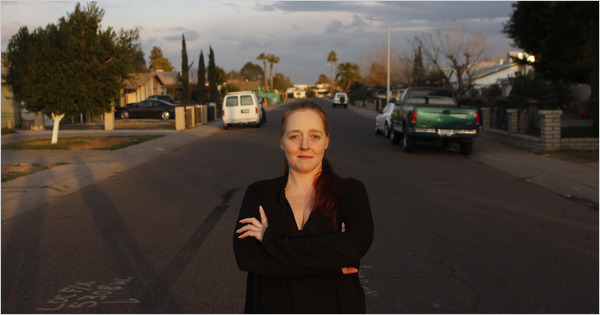| Want to send this page or a link to a friend? Click on mail at the top of this window. |
More Special Reports |
| A SPECIAL SECTION: Haiti since the January 12, 2010 Earthquake |
| Posted April 5, 2010 |
| National |
|
Pay Garnishments Rise as Debtors Fall Behind |
|
|
|
|
 |
|
|
JOSUA LOTT FOR THE NEW YORK TIMES |
|
| Leann Weaver faces the loss of a quarter of her wages. |
|
By JOHN COLLINS RUDOLF |
 |
|
JAY PAUL FOR THE NEW YORK TIMES |
| "Where did all the money go that I paid them?" SIDNEY JONES with an interest rate of 27.55. $10,000 in pay was seized over six years. |
| Wehaitians.com, the scholarly journal of democracy and human rights |
| More from wehaitians.com |